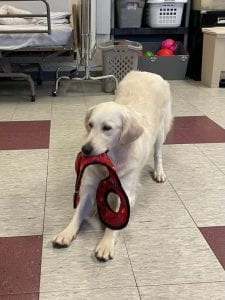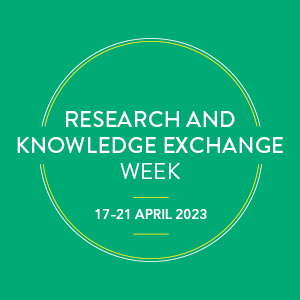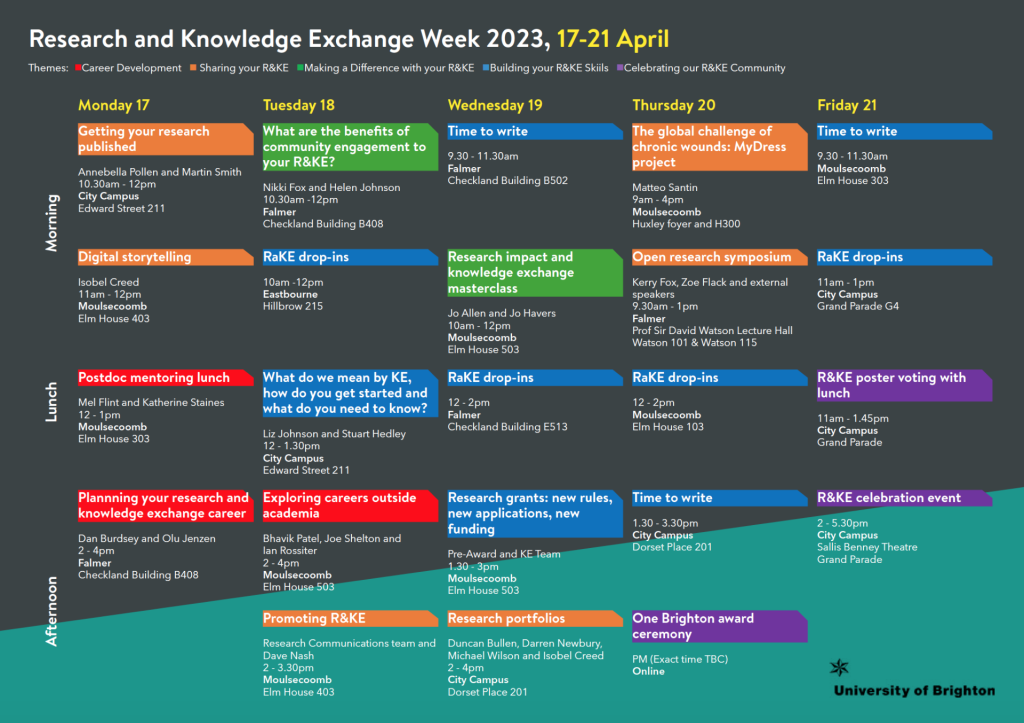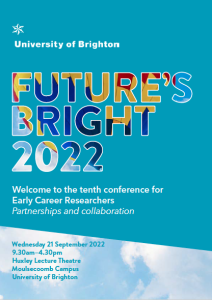Welcome to news and updates for our UoB ECR community
In this first ECR newsletter for 2024, I am delighted to introduce our new ECR school rep for SATE – Marco Bernagozzi.
In this edition, I have included information on the forthcoming R&KE week so please do put it in your diaries (25th – 28th March). There is an exciting programme of workshops and development opportunities for ECRs so do save the date and see below for a glimpse at the programme. There are also a couple of internal initiatives with closing dates in Feb (see below) and I wish you the best of luck with your applications.
Finally, at our focus groups ECRs suggested they would appreciate virtual space to meet with other ECRs. We do have an ECR teams site and you can join here. I will be populating the teams page over the coming weeks so please do take a look and introduce yourselves. We do also have our blog page where you can find info.
R&KE initiatives
There are currently a number of initiatives open for you to apply for:
- The ECR Partnership and network building fund – no deadline. This fund aims to enable early career researchers with research within the AHRC remit to establish or extend their networks with defined non-academic communities, audiences, partners, or stakeholders. This fund has no deadline, applicants can apply at any time and will normally be reviewed with outcomes provided in 7-10 days. All funds must be spent by March 2024.
-
Research Excellence Launchpad – deadline 23.59 16 February 2024. The Research Excellence Launchpad provides seed-funding to launch staff into producing excellent research and knowledge exchange. This fund aims to provide time and resources to support staff to work on distinctive and original research and knowledge exchange projects that demonstrate the potential for excellence. Awards from this scheme are of up to £25,000 for up to 12 months. Projects can fund either staff time or project costs for this scheme. Applications must be submitted to RaKEInitiatives@brighton.ac.uk
3. Knowledge Exchange and Impact Catalyst – deadline 23.59 16 February 2024. The Knowledge Exchange and Impact Catalyst Fund offers seed funding to support the development of mature projects to deliver a step change in knowledge exchange and impact outcomes. Projects will need to clearly demonstrate how they will contribute to future KEF and/or REF submissions. The scheme offers awards of up to £10,000. This fund will prioritise work that demonstrates novel routes to impact through research and knowledge exchange endeavour or presents a plan to commercialise existing research to suit a need in the external market. Applications must be submitted to RaKEInitiatives@brighton.ac.uk. If your research fits into an Arts and Humanities remit, please take a look at the AHRC Impact Acceleration Account page for further impact funding opportunities or contact the team at ImpactAccelerationAccount@brighton.ac.uk.
Do read Staff News every Friday to keep up-to-date with initiative launches and check the Research and Knowledge Exchange Sharepoint site for detailed information.
R&KE week
R&KE week 2024 will run from 25th – 28th March, culminating in a showcase on Wednesday 27th March alongside the Doctoral College’s PG festival of research. There will be a poster competition, and workshops include:
- Planning your R&KE career
- Research and Knowledge Exchange Impact Masterclass
- Getting Your Research Published
- Exploring Careers Outside of Academia
Watch this space for more info to be announced very soon
Inaugural lecture series – Spring 2024
University of Brighton’s public lecture series is underway. Delivered by newly appointed professors, the lectures delve into the ground breaking research Brighton academics are carrying out to address some of the biggest challenges facing people and communities here in Brighton, across the UK and around the world.
You can book now to hear:

Professor Heike Rabe Wednesday 21 Feb 2024: Improving neonatal care: Ancient ideas revisited
Professor Lesley Murray Wednesday 6 March 2024: Moving precariously: Women and children’s immobilities in urban space
Professor Michael Okorie Wednesday 20 March 2023: Doing drugs: Through the lens of a clinical pharmacologist
Workshops to help you develop skills and greater understanding
Take advantage of inspirational workshops delivered by external facilitators and our own experts.
IAA Skills and Capacity Building Programme:
Integrating impact into your funding bid, Monday 18 March 2024, 10:30-12:00, online. Facilitator: Mark Reed, Fast Track Impact
CPD accredited impact e-learning, Four online modules to be undertaken a times suitable to you. What is impact? | Identifying impact | Evidencing impact through engagement | Developing a compelling impact narrative
1:1 coaching for impact planning, online. We have engaged a facilitator to help take your impact ambitions forward, get in touch to discuss how this option might suit your needs
BSMS research workshops
New: Reinforcing Research Projects: Statistics and Health Economics (in-person) Tuesday 20 February, 10.00-11.30 Seminar room, Medical Research Building. The workshop will provide the opportunity to meet with Stephen Bremner, Professor of Medical Statistics and Natalia Ivashikina, Senior Lecturer in Global Health Economics at BSMS who will talk about statistical and health economic issues which should be considered when planning and conducting research in health care. Stephen will talk about the interlinked concepts of study design, sample size determination and analytical approach. He will also explain what support is available from the statistics team at BSMS. Natalia will talk about different methods of economic evaluations and how to select the appropriate method for your research. You will learn about uncertainty in costs and health outcomes and how to address it in your analysis. You will also have an opportunity to ask questions about your particular research project. Please register here
Interested in another topic? Visit the R&KE workshops and training Sharepoint page to find out about other opportunities. If you have a group of ten or more researchers, you can contact Research Services to explore some of the on request workshops available.
Peer-to-peer mentoring
I am very pleased to offer a peer-to-peer mentoring scheme for ECRs, in line with the Concordat. In addition to the mentoring you receive from your research mentors, peer-to-peer mentoring will allow you to enhance your own mentoring skills, develop your network across the University, and gain valuable insights from your peers into current research issues and development opportunities. Please get in touch with me if you would like to be part of this.
Are you a panel member/peer reviewer for an external funder?
We are hoping to expand our current overview of academic colleagues who might sit on peer review panels/steering groups for external awarding bodies, (UKRI, Charity, Gov etc), that we might refer to when expert advice is needed pertaining to specific funders.
This would equip the teams at Research & Knowledge Exchange, (RaKE) with a wider directory of colleagues who we could contact when queries pertaining to specific funders arise and where first hand knowledge of that funder’s process would benefit and improve our responses, strengthen applications, and contribute to future training and development events.
If you have any experience of panel or steering group membership/peer review that you would be willing to share with us, please complete the table below and return to ResearcherDevelopment@brighton.ac.uk
If you have questions or would like to get in touch, please send an email to the above address.
| Relationship | Dates | |
| Example: AHRC | Peer reviewer/panel member | 2022 – present |










 is an agreement between the University that sets out the expectations and responsibilities of researchers, their managers, employers and funders to enhance career support and development. See this
is an agreement between the University that sets out the expectations and responsibilities of researchers, their managers, employers and funders to enhance career support and development. See this 